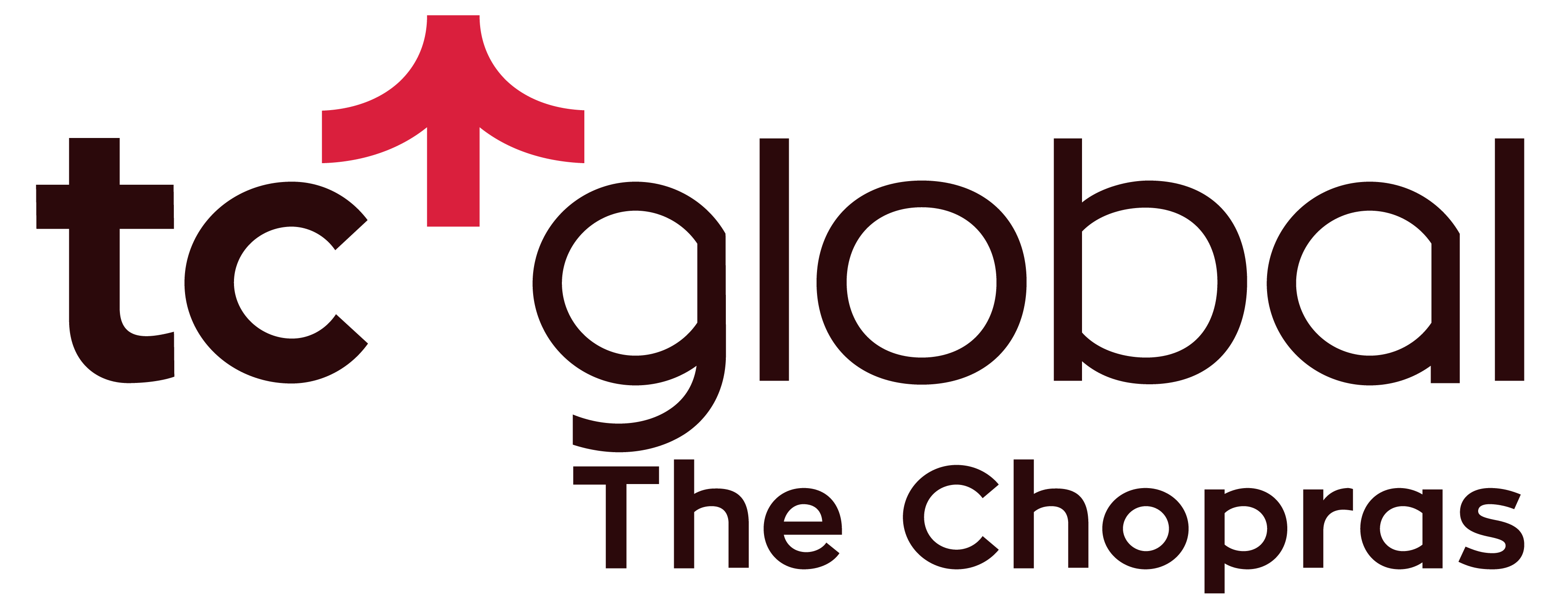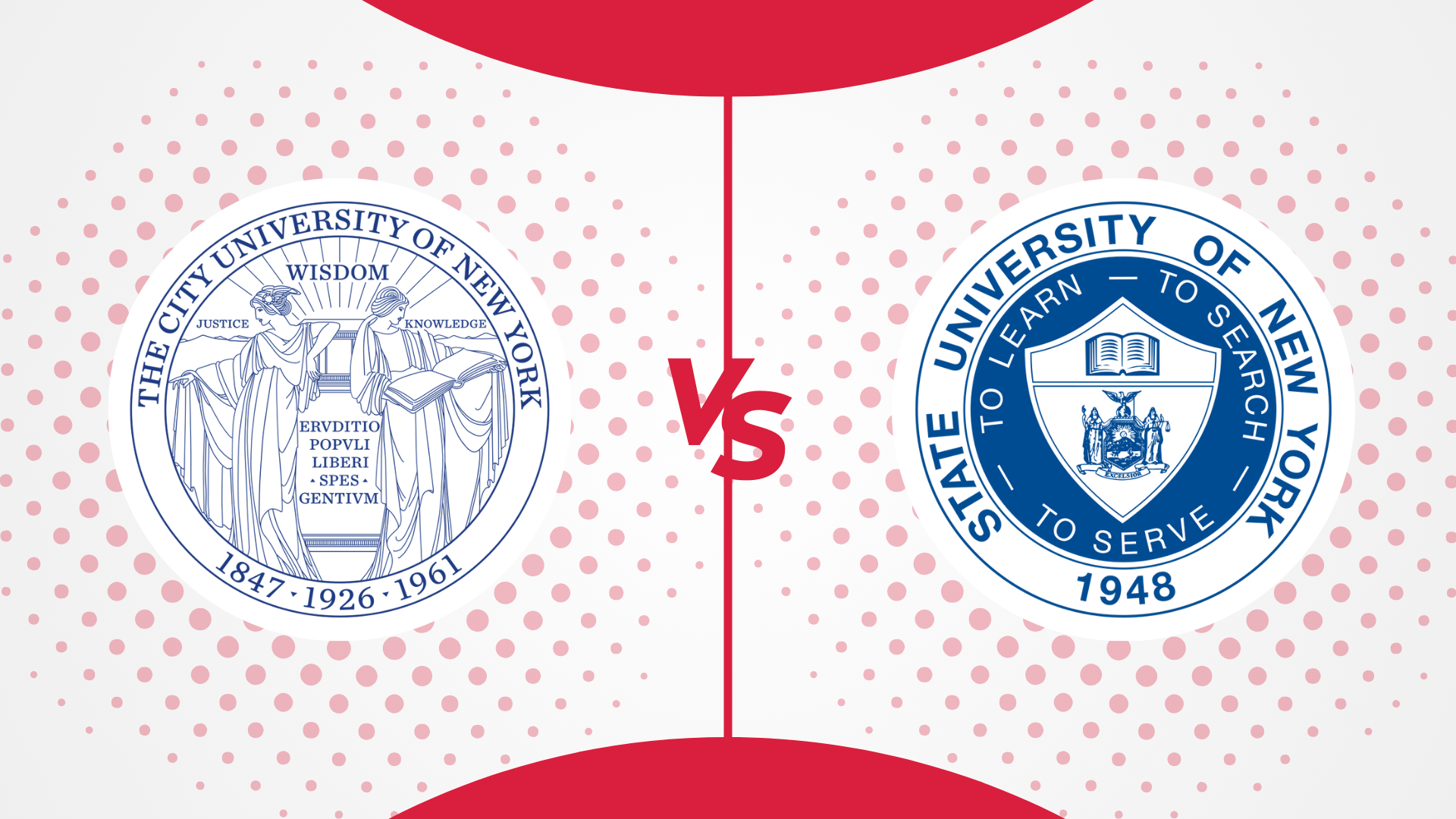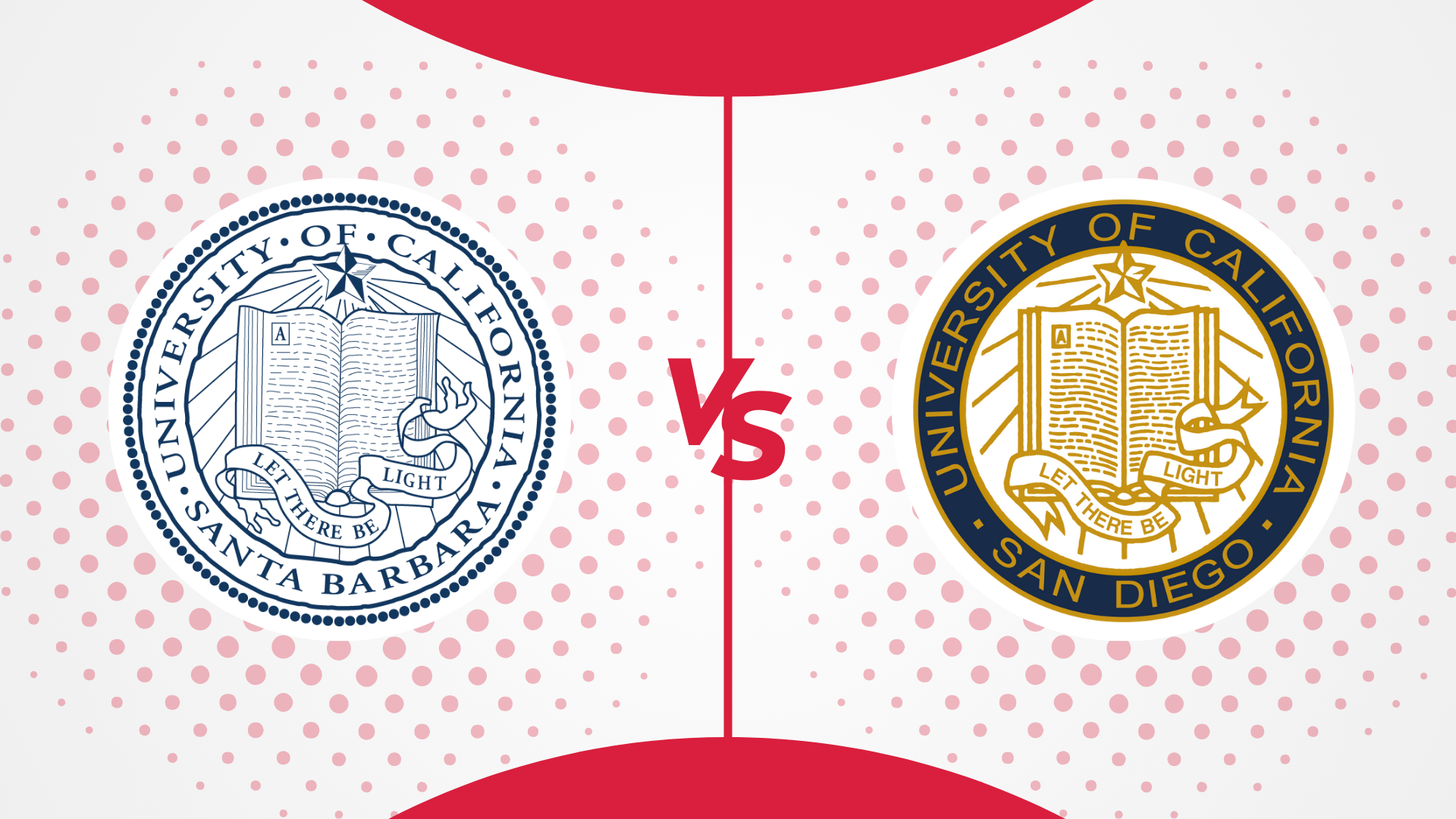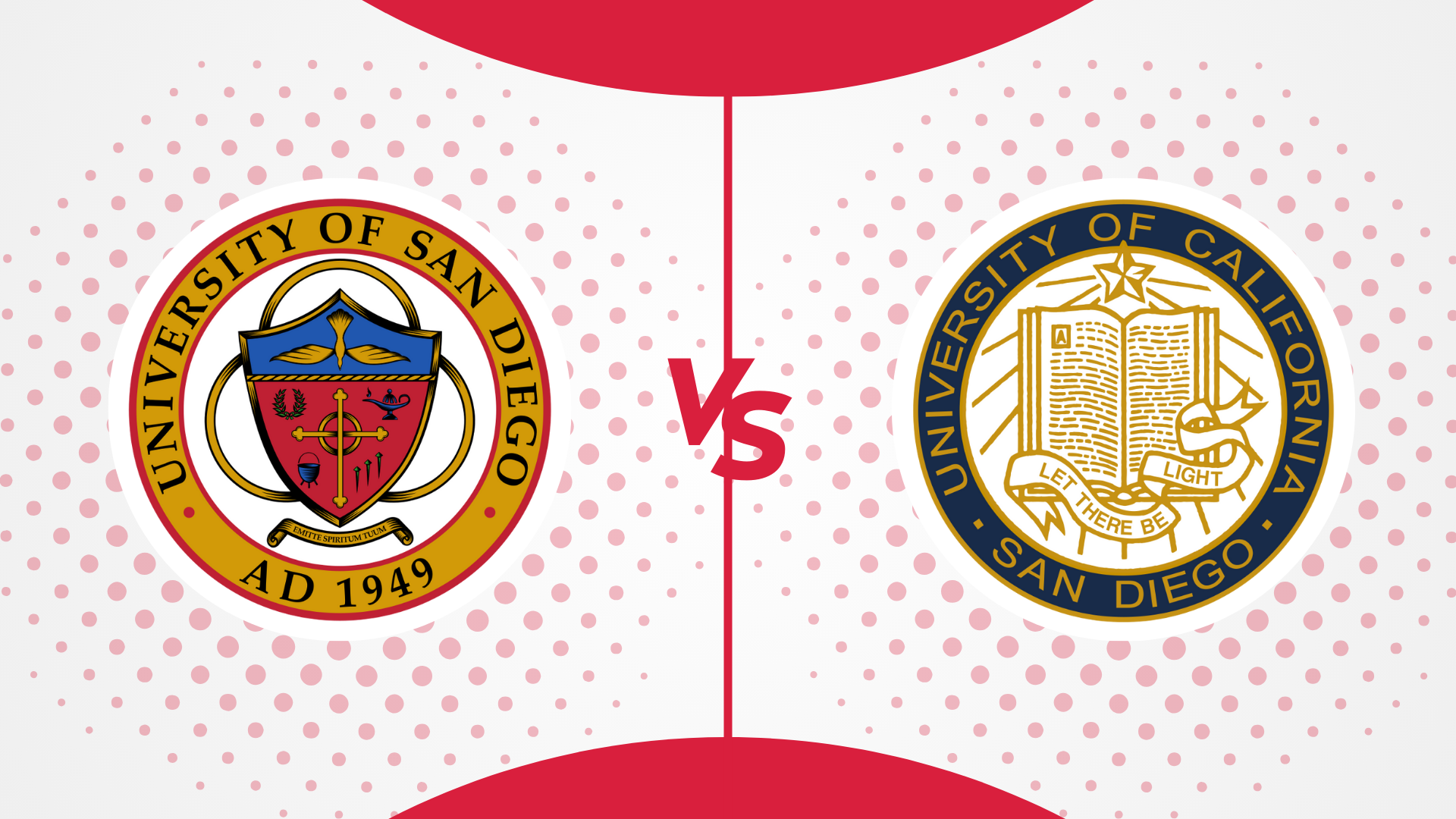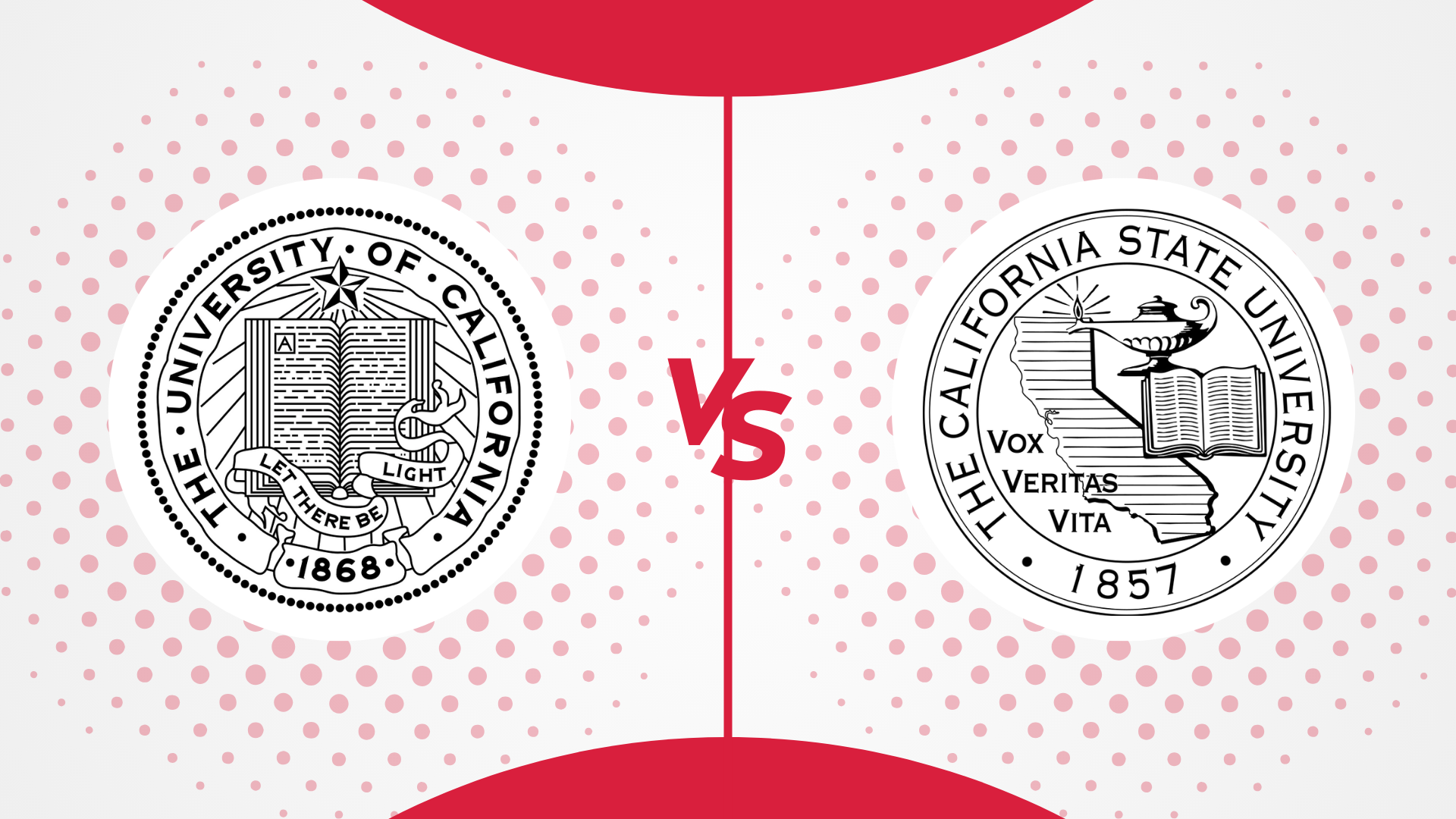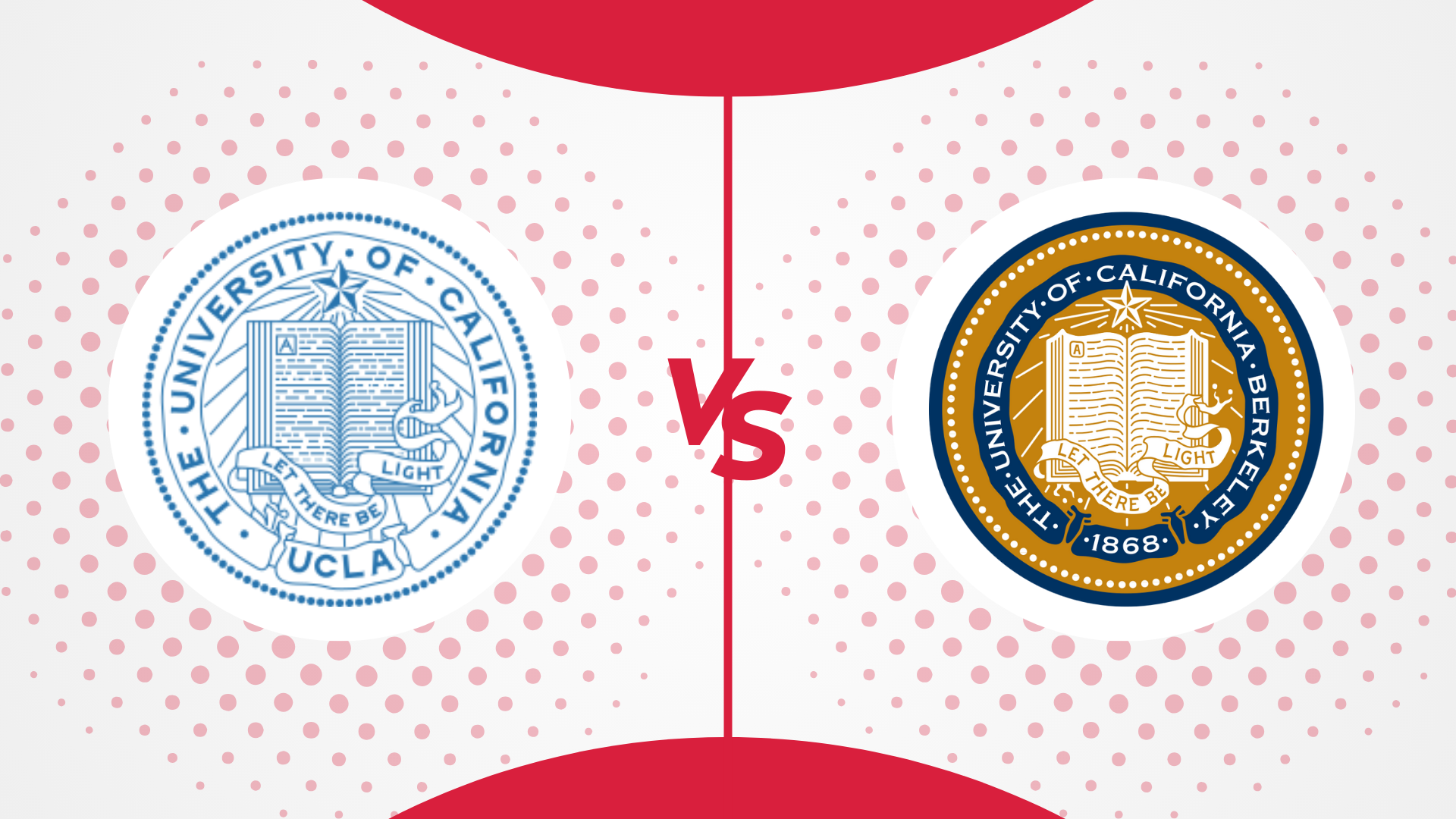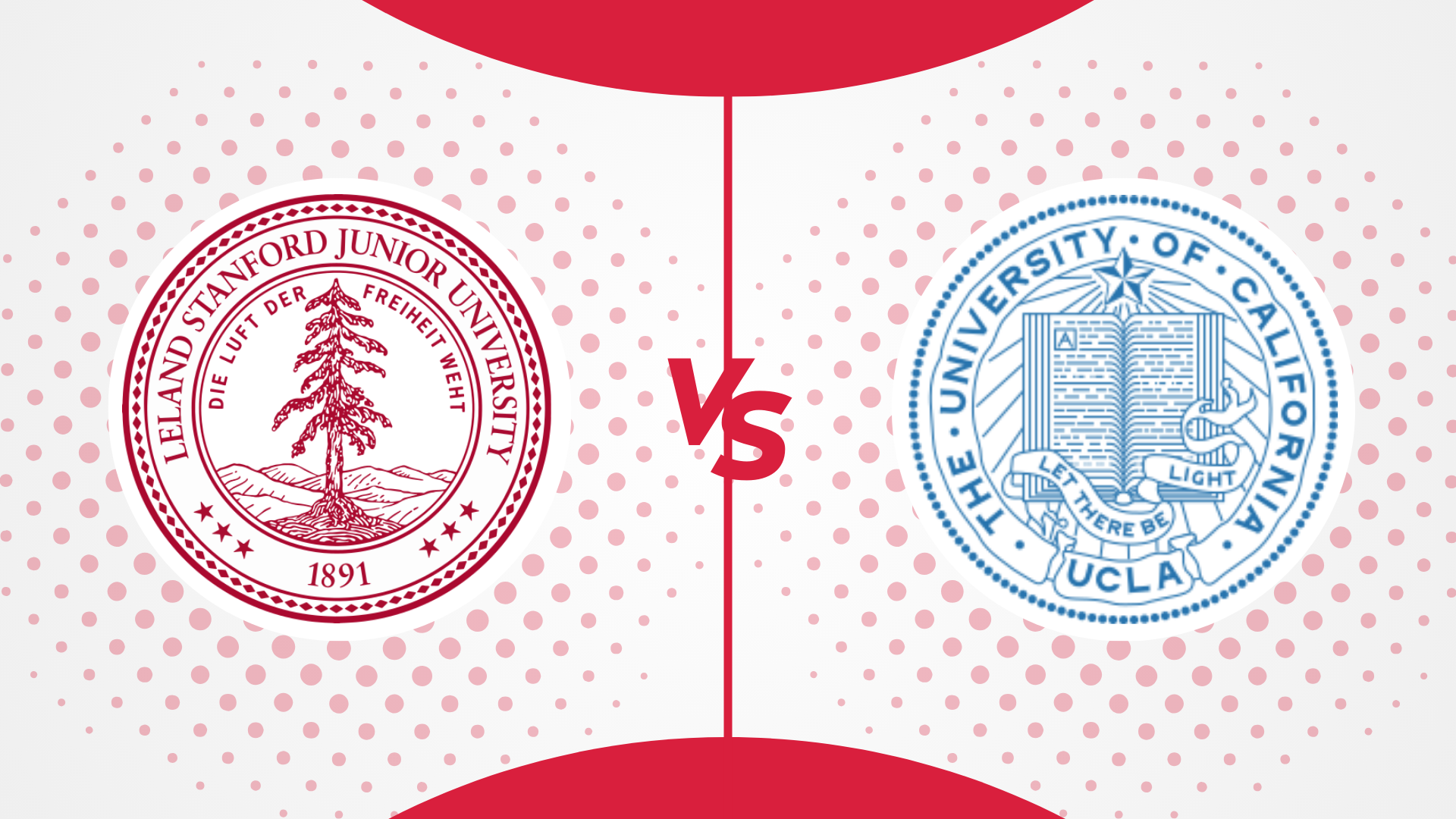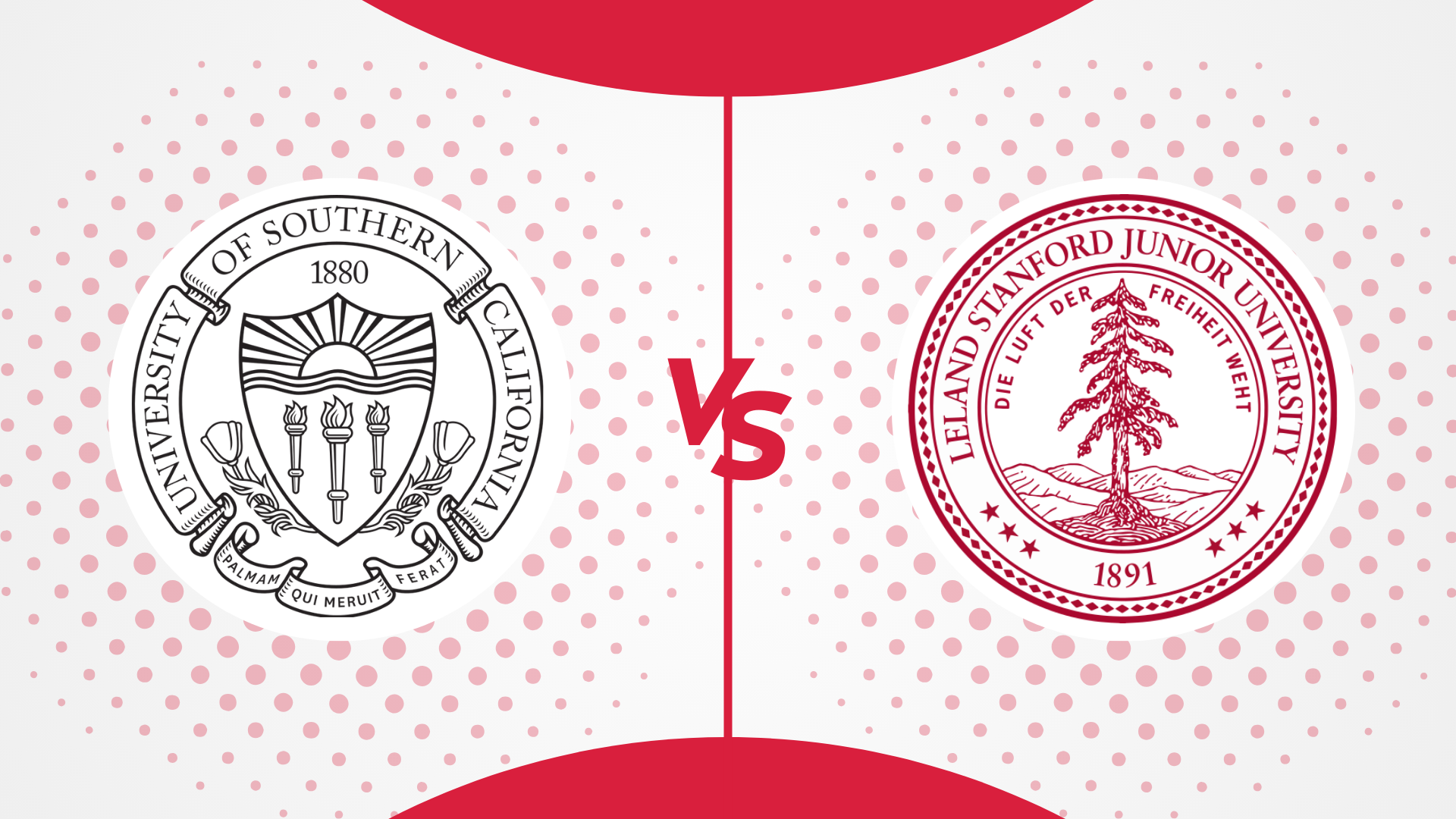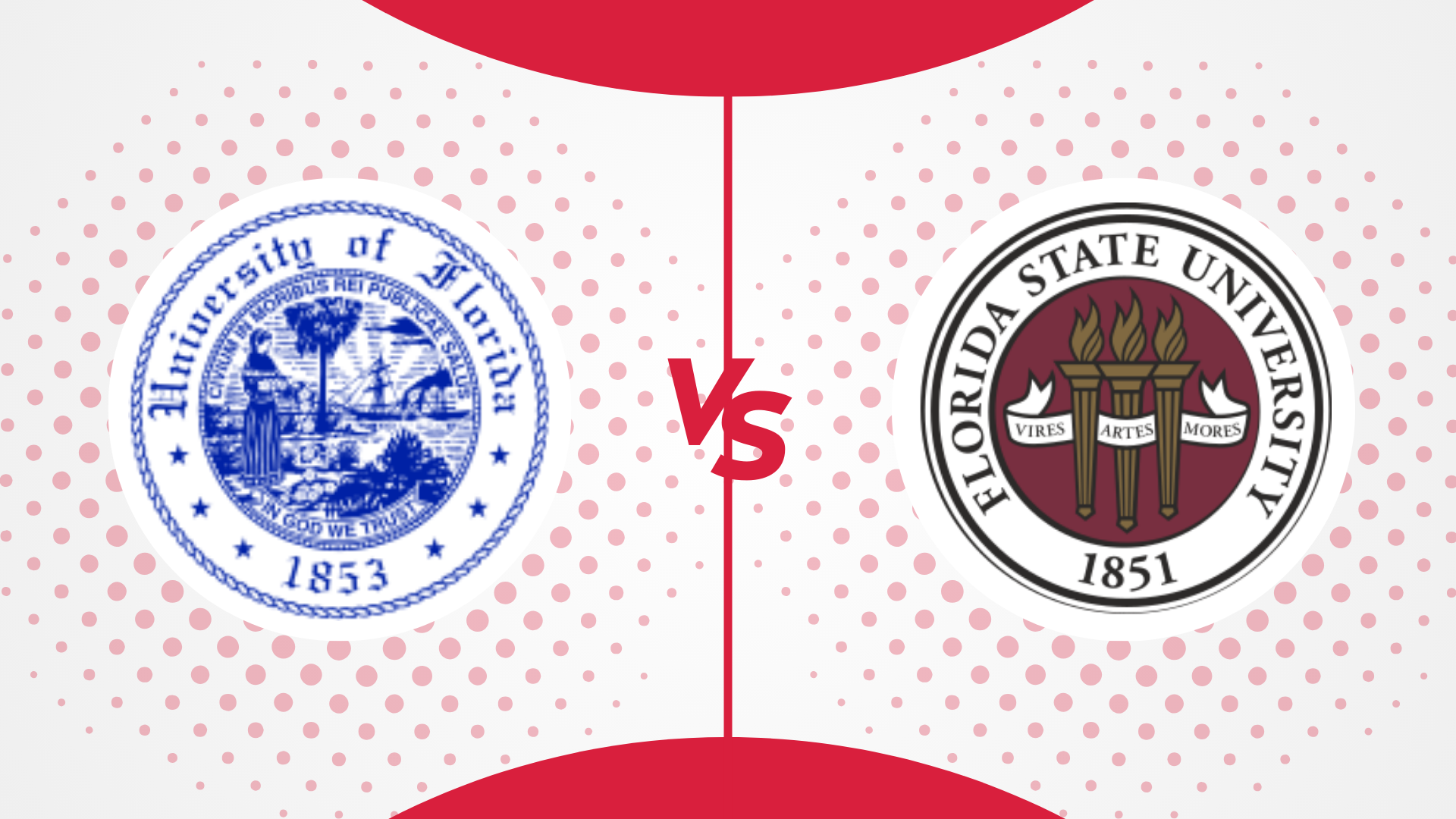As a prospective student, if you are researching UCL vs LSE for your undergraduate or postgraduate study, then you are already at one of the topmost tiers of higher education. University College London and the London School of Economics and Political Science are two of the top universities in the world, renowned for their excellence, legacy, and the opportunities provided to their students. So, how does one choose between the two?
Read this article to get an in-depth analysis of these two UK universities across various parameters so that you can pick a school best suited for your needs, be it the world-renowned social sciences of LSE or the diverse range of subjects at UCL.
Overview of UCL and LSE College

Brief History and Background
University College London
Better recognised as UCL, University College London is a public research university and a founding college of the University of London, along with King’s College. It was established in 1826 as London University and has grown to be one of the largest universities in the UK in terms of student enrollment. It is London’s leading multidisciplinary university, with more than 16,000 staff and 50,000 students from over 150 different countries.
One of the premier universities in the UK and in Europe, comparable to the likes of Oxbridge, UCL is world renowned for its programs in architecture, arts and humanities, pharmacology, education, economics, medicine, and social sciences, among other disciplines. It ranks 9th in the country, and the world according to Guardian and QS world University rankings 2025.
London School of Economics and Political Science
Founded in 1895, the London School of Economics is a public research university and also a member institution of the University of London. The fundamental goal of this school is to work towards correcting the gaps caused by inequality. This was the idea that urged the members of the Fabian Society, including socialist economist and reformer Sidney Webb, social investigator Beatrice Webb, the political scientist Graham Wallas, and the writer George Bernard Shaw, to institute LSE. It is due to this background that LSE continues to focus upon the social sciences.
Located in the London Borough of Camden and Westminster, LSE has over 25 different academic departments ranging from accounting to statistics. It is a world leader when it comes to social science and policy research. The school ranks 4th in the UK (Guardian League Table 2025) and 50th in the world (QS WUR 2025).
Key Statistics and Rankings
Here is a table comparing the key stats and ranks when it comes to University College London vs LSE.
| UCL | LSE | |
| Campus | London, England | London, England |
| Ownership | Public Research University | Public Research University |
| QS World University Rank 2025 | 9 | 50 |
| Times Higher Education Rank 2025 | 22 | 50 |
| Guardian National Rank 2025 | 9 | 4 |
| Undergraduate Student Body | 25,675 | 5,983 |
| Graduate Student Body | 26,135 | 6,051 |
| % of International Enrollment | ~ 49.8% | 64% |
| Average Undergrad Acceptance Rate (Source: UCAS) | Around 30% | Around 9% |
| Student to Faculty Ratio | 10.9:1 | 12.8:1 |
| Number of Undergraduate Programs | 400+ | 40+ |
| Number of Graduate Programs | 650+ | 180 |
| Number of Athletic Teams | 36 | Over 40 clubs |
| Number of Clubs and Student Organizations | 200+ | 250+ |
| School Colours | Cerulean, Indigo | Purple, Black and Gold |
UCL vs London School of Economics: Academic Comparison

When comparing University College London vs LSE, a primary aspect to consider is academics. At first glance, one thing cannot be negated—they are both world-renowned institutions located in one of the greatest cities in the world, London. However, they have distinct academic ethos, focus, and strengths.
In this section, we will be looking at both UCL and LSE and analysing their undergraduate and graduate courses, modules, choices and flexibility, ranking, degrees and class sizes, academic calendars, research facilities and budgets, all of which can become important factors in deciding between the two universities.
Undergraduate Programs
Program Options:
The scope of disciplines covered, when looking at LSE vs UCL, is very distinct. UCL is a comprehensive university that offers a wide range of courses in a variety of subjects across humanities, social sciences, life sciences, arts, engineering, mathematics, physical sciences, and health sciences. They have about 400+ programs just at the bachelor’s level.
In contrast, as its name indicates, LSE’s emphasis is entirely on the social sciences. Except for the geography and psychology programs, all other majors offered at the London School of Economics and Political Science revolve around social sciences and humanities, ranging from accounting and data science to public policy and statistics. LSE offers about 40 different undergraduate degrees within this discipline.
Academic Reputation:
When it comes to the overall ranking, UCL is among the top 10 universities in the UK and the world, according to the Guardian League Table and QS World University Ranking 2025. LSE ranks 50th overall globally, not because of the quality of its teaching and research but primarily due to fewer options. If you look at the subject rankings of the London School of Economics, it typically falls within the global top 10. Keep reading for the table that highlights the overall and subject rankings of the London School of Economics vs UCL.
Rankings aside, due to its size and student body, UCL has a name for its broad, interdisciplinary approach to teaching and research across fields. The larger student body also results in a diverse and vibrant campus life with numerous societies and extracurricular activities. LSE’s narrower scope of study means it is known for its intensive focus on social science research and theoretical frameworks, often with a global perspective. LSE is also known for its more specialized and intellectually rigorous environment, with numerous public lectures and events related to its fields of study.
Admission Criteria and Standardized Tests:
An important advantage of applying to UK universities for your undergraduate education, be it the London School of Economics or UCL, is the University and Colleges Admission Services (UCAS). As a prospective student, all you have to do is log in to UCAS and apply to up to five different UK universities with just one application.
Eligibility criteria for most courses in both colleges are GCSE (UK high school) scores, A levels, or IB scores. The minimum A-level entry requirement in both schools is A*AA, with an A* required in certain subjects, depending on the major of your choice. Both LSE and UCL also have a long list of international equivalents for students applying from outside the UK. The scores/ grades/ subject requirements vary with the program of your choice. That said, most courses require applicants to have Grade C / Grade 4 or above in both GCSE English Language and Mathematics or an equivalent qualification.
Standardized tests are not mandatory in both these England universities. Neither school requires SAT or ACT scores but they will be considered as part of the larger application if submitted. Both schools however have department/ course-specific entrance exams/ admissions tests for some of their programs to aid their selection process. LSE requires some of its applicants to sit for the UGAA, the Undergraduate Admissions Assessment.
Moreover, international students are required to take IELTS or TOEFL or any of the accepted tests as proof of English language proficiency. The minimum score required also varies with the program in both universities. Besides these academic qualifications, your personal essay and letters of recommendation also carry significant weight in your application.
Core Curriculum:
Contrary to universities in America, most UK universities do not have a General Education or a Core Curriculum component. The assumption is that students/ applicants have a basic, functional knowledge of the foundations before entering university. If not prepared, students typically apply to a foundation year before applying for a 3-year bachelor’s degree in the United Kingdom. Both UCL and LSE do not have a general core curriculum for all its BA/ BSc students; however, they do have some specific compulsory courses that vary depending on your choice of program.
Class Size:
While the class sizes can vary quite significantly across departments, a typical seminar in UCL can have anywhere between 5 and 30 students while lectures can have as many as 350 students. The student to faculty ratio in UCL is about 11:1. At LSE, classes typically have no more than 15 students, while lectures and seminars typically have hundreds of attendees.
Top Majors:
| UCL | LSE |
|
|
Graduate Programs
Graduate Program Options: Before we get into the analysis of master’s programs in LSE vs University College London, there are two important points to be noted.
- Firstly, most typical master’s degrees in England, Scotland, Wales and Northern Ireland take only one year to complete, as opposed to the 2-year master’s degrees in most other countries.
- Secondly, when researching your degree, it is important to note whether it is a taught masters or a research master’s program. As the name indicates, taught master’s programs (MA/ MSc) are primarily composed of coursework, lectures and exams, with some amount of research work. MRes on the other hand has minimal coursework with majority focus on a single research project. For the sake of comparison, an MRes can be treated as a mini PhD.
That said, UCL has over 650 taught and research master’s courses, while LSE has about 180 graduate programs. If you are looking only at overall rankings, UCL ranks ahead of LSE by most metrics. But, as mentioned earlier, LSE has a specialised focus on the social sciences. For these majors, LSE has a greater global reputation and is generally considered the more popular choice.
However, if you are looking at other disciplines or want to choose a place that gives you the most options, the UCL is preferable. UCL is one of the top 10 in the world when it comes to architecture, anthropology, archaeology, education, psychology, geography, and arts and humanities. In fact, the Medicine program at UCL is also one of the top 10 in the world. In short, after Oxford and Cambridge, UCL, along with Imperial College London, are some of the most sought-after universities in the UK.
When looking at the student body, UCL is significantly larger than LSE. UCL has about 25,937 master’s/ grad students, while the number is around 6,000 at LSE.
College Admissions: Both universities are highly competitive when it comes to admissions. However, the acceptance rate can vary significantly, depending on the course and department. The general minimum admissions criteria in both universities for a master’s program is
- An upper second-class honours degree from a recognised university,
- Personal statements/ essays, letters of recommendation, audition tapes and portfolios (if required)
- Standardised English language tests such as IELTS or TOEFL for international students.
- Standardized graduate tests (GMAT/ GRE scores) are required for some programs, especially when applying to the business school in both universities.
- Some programs may also require you to take up an admissions test.
- Some postgraduate programs or professional programs might also require you to have some work experience. For instance, the MBA at both LSE and UCL requires all its applicants to have a minimum 3 years of experience before applying.
Top Graduate Degrees:
| UCL | LSE |
|
|
Overall and Subject Ranking
Here are two tables that compare LSE vs UCL based on overall rankings and individual subject metrics.
| University College London | London School of Economics |
| Guardian League Table 2025: 9 | Guardian League Table 2025: 4 |
| Times Higher Education WUR: 22 | Times Higher Education WUR: 50 |
| QS WUR 2025: 9 | QS WUR 2025: 50 |
| Global Subject Ranking (Source: QS Subject Rank 2024) | |
| UCL | LSE |
|
|
The table gives you a general idea of where the universities stand –– LSE, due to its specialised focus is better suited for social sciences and related programs while UCL, despite its wide scope of study is a world leader when it comes to education, architecture, medicine, pharmacology, most of the social sciences. However, rankings alone cannot become the sole deciding factor, especially when choosing between two of the top universities in the United Kingdom.
Constituent Schools
University College London is divided into 11 academic faculties with over 70 departments and institutes.
- Arts and Humanities
- Bartlett (Built Environment)
- Brain Sciences
- Engineering Sciences
- IOE (Faculty of Education and Society)
- Law
- Life Sciences
- Mathematical and Physical Sciences
- Medical Sciences
- Population Health Sciences
- Social and Historical Sciences
London School of Economics and Political Science is divided into the following academic departments and institutes.
- Department of Accounting
- Department of Anthropology
- Data Science Institute
- Department of Economics
- Department of Economic History
- European Institute
- Department of Finance
- Firoz Lalji Institute for Africa
- Department of Gender Studies
- Department of Geography and Environment
- Department of Government
- Department of Health Policy
- Department of International Development
- Department of International History
- International Inequalities Institute
- Department of International Relations
- Language Centre
- LSE Law School
- Department of Management
- Marshall Institute
- Department of Mathematics
- Department of Media and Communications
- Department of Methodology
- Department of Philosophy, Logic and Scientific Method
- Department of Psychological and Behavioural Science
- School of Public Policy
- Department of Social Policy
- Department of Sociology
- Department of Statistics
Research Opportunities
Both UCL and London School of Economics are members of the prestigious Russell Group of Institutions in the United Kingdom. The Russell Group is constituted by 24 world class research intensive public universities that are also known for their academic rigour and excellence, and their connections to their local communities.
UCL is home to many research centres across departments and numerous interdisciplinary and cross-disciplinary centres of study, including the Centre for Biodiversity and Environmental Research, a Disability Innovation Hub, a Genetics Institute, a centre to study racism and racialisation and many more. The university ranks 2nd in the UK for its research power and 1st in London, according to REF 2021. The university also follows a “Connected Curriculum” which becomes the framework for research based education. All UCL students are given the opportunity to learn through participating in research and inquiry at all levels of their programme of study.
LSE is home to multiple research centres designated for specialist research initiatives. Their goal is to manage and promote a coherent programme of research, often interdisciplinary in nature. Some of its world-class centres include Care Policy and Evaluation Centre, Centre for Economic Performance, Centre for Macroeconomics, Centre for Women Peace and Security and many more. The university spends around £25 million directly on research, and in the 2021 Research Excellence Framework, LSE was ranked third highest in the UK for the quality of its research. The 18 Nobel Laureates among LSE’s staff and alumni stand as a testament to the plethora of research opportunities available.
Key Dates for Application
In this section, we will be looking at the key dates for application and admission into undergraduate and master’s programs of UCL vs LSE, to get a sense of the timeline. It is also recommended that you verify with the specific department / school that you are applying to, just to ensure they do not follow a different cycle.
| Important Dates | UCL | LSE |
| UCAS Applications Opens | 3 September 2024 | September 2024 |
| UCAS Application Deadline | 29 January 2025 | 29 January 2025 |
| Course Begins | August/ September 2025 | August/ September 2025 |
| Master’s Application Deadline | Rolling admissions. Students who require a visa are expected to apply by July | With visa – July 2025 Without visa – September 2025 |
| Decision Posted in | 10 weeks of receiving the application | Within 8 weeks |
| Deadline to accept offer of admission | 6 June 2025 | Within 6 weeks of receiving the offer |
| Average Undergrad Acceptance Rate | Around 30% | Around 9% |
Some important points to be considered when applying to UCL or LSE:
- Unlike American universities, most UK universities do not have Early Action or Early Admission Decision pathways.
- LSE and UCL, like most UK universities, have rolling admissions, especially for many of their graduate programs. Applications are accepted throughout the year, and it is therefore recommended that aspirants apply at the earliest. However, some of the programs have fixed deadlines and it is important to check the university website for the exact deadline of the program of your choice.
- All undergraduate applications for both UCL and LSE go through University and Colleges Admissions Services or UCAS. The advantage is that you can apply for up to five colleges with just one application. The application fee is about £30.
- There is no common application portal for graduate level applications. They can be applied to directly, from the university/ department websites.
Academic Calendar
Both universities follow a trimester system where the academic year is divided into three terms. The Autumn Term runs from October to December, the Spring January to March and the Summer April to June.
UCL vs London School of Economics: Campus Life and Environment

In the debate of the University College London vs the London School of Economics, academics alone cannot be the deciding factor. From their campus size to the culture, UCL and LSE offer varied experiences to their students. Let us take a look at some of the other factors that can make a prospective student prefer LSE to UCL or the other way around.
Location
Both UCL and LSE are located in Central London, enmeshed in the dynamic city, its rich culture, society and economics. Therefore, largely speaking, there is no significant point distinguishing these two schools when it comes to location. Students tend to spread out across the city, depending on financial restrictions or personal preferences. Both colleges enable their students to explore life in one of the greatest cities in the world.
That said, UCL is located in Bloomsbury, a green, vibrant, academic area with a residential feel near many of London’s popular attractions. LSE has a pedestrianised campus (not enclosed), with most of its buildings within walking distance of one another in Holborn, Central London.
Campus Size and Facilities
Unlike many large universities that have a single enclosed campus space, UCL, as a member of the University of London, is primarily based in Bloomsbury with a second campus (UCL East) at the Queen Elizabeth Olympic Park in Stratford and a number of smaller teaching centres in the central and eastern London areas. The university provides a range of facilities for education, sports, recreation, leisure, and dining, as well as a Student Central that is open to all University of London students.
LSE is a more modern campus with 20th-century architecture. A compact campus that is mostly accessible by walking, it consists of academic buildings, support services, and social facilities in one location. Campus amenities include academic and research facilities, a world-class library, cafes, restaurants, bars, a students’ union gym, a faith centre, and an NHS medical facility. Unlike the University of Oxford or Cambridge, LSE does not have a collegiate system but only residence halls for its students who choose to stay on campus.
If you are comparing college vibes, UCL, primarily due to its diversity and its large student body is generally more easy going with a typical college ethos that includes various extracurricular activities, socialising and entertainment events. LSE is a bit more involved and serious, and renowned for its intellectually rigorous environment.
Student Activities and Organizations
Like most UK universities, UCL and LSE are less athletically inclined when compared to the USA. UCL has about 36 teams and numerous sports facilities spread throughout London. These include full-size football, rugby and lacrosse pitches in Shenley in Hertfordshire, basketball, badminton and volleyball facilities just north of the Bloomsbury campus in Somers Town Sports Centre, and Bloomsbury Fitness, the health and fitness club of Students’ Union UCL. Moreover, the Students’ Union UCL is a registered charity that provides services to support students. It runs more than 200 clubs and societies that cover a wide range of sporting, cultural, and artistic interests. Similarly, LSE, with its smaller population, has over 40 athletic/ sports clubs and 250+ student organisations run by the Student Union.
Housing and Accommodation
UCL Housing is mainly composed of residence halls, and the university allocates about 8,000 beds a year all over London. First-year students are prioritised, among which full-time students, those who are under 18 years old, and students who have previously not lived in the Greater London area are given greater priority. However, looking at the student body, it is clear that a majority of UCL students live off campus.
Student accommodation at LSE campus are halls of residence providing both single and shared rooms for its students. LSE has eight halls dedicated to it, while some students can also be accommodated in some of the University of London halls, including the Sidney Webb House or College Hall. About 4,000 LSE students are accommodated on campus, while the rest choose to stay in private housing around the campus. LSE also guarantees accommodation for first-year undergraduate students.
UCL vs LSE: Financial Aspects

Moving beyond academics and campus amenities, another key aspect in the debate of LSE vs University College London is the cost involved. They are both public universities and are generally more affordable when compared to the privately owned ones.
A significant advantage of UK universities is that a bachelor’s degree usually takes only 3 years to complete (except in Scotland) and most masters’ degrees can be finished in 1 year. When compared to the US, Canada, Australia, New Zealand, or any other country, a student studying in the UK saves up to a year’s worth in tuition.
Both LSE and UCL have many options for financial aid, for both home and international students. It is important to look into scholarships and bursaries allocated for specific colleges/ departments to choose the most suitable option.
| Annual Rates | UCL | LSE |
| Tuition (Bachelors) | UK students – £9,250 International – £28,000 – £35,000 |
UK students – £9,250 International – £28,000 – £35,000 |
| Tuition (Master’s, not including professional programs) | UK: £10,000 – £15,500 International: £20,800 – £32,000 |
UK: £18,000 – £48,500 International: £28,900 – £48,500 |
| MBA Tuition | UK – £22,700 International – £45,000 |
$204,000 (EMBA) |
| Housing (On-Campus) | £9,250 – £24,000 | £6,050 – £13,000 |
| Food | About £2,700 | About £2,500 |
| Off-Campus Housing | Around £12,000 | Around £12,000 |
| Types of Financial Aid | 1. Government loans (for UK students) 2. Bursaries (need-based, for UK students) 3. Scholarships |
1. Government loans (for UK students) 2. Bursaries 3. Scholarships |
| For international students | Most bursaries are open only to home students. Overseas students can apply for various department specific scholarships that are awarded based on merit, or can also apply for external scholarships. | |
Here are a few important points to be kept in mind.
- The tuition rates are for an academic year composed of three terms and the typical course load. Choosing extra courses/ summer programs will add to these amounts.
- The tuition fee varies, if you are doing a Placement Year or a Study Abroad year.
- The tuition fee amounts in the table are indicative of only the cost of attendance. It does not include books, club fees, and other expenses. International students can also avail the benefits of the NHS by paying a surcharge of £470 per year.
- As mentioned earlier, it is important to research scholarships made available for specific programs/ colleges. Both these UK universities offer financial aid based both on academic merit and performance in sports. The need-based financial aid is called a bursary and is also open primarily to home students.
- Besides the university funded scholarships, international students can look into the British Council Scholarships, GREAT scholarships, Chevening, the Charles Wallace Trust, and the Commonwealth Scholarship options.
UCL vs LSE: Career Prospects and Alumni Network

Taking into account the reputation and legacy of the two universities, and their extensive alumni networks, there is no doubt that a graduate of these schools will have numerous opportunities of their choosing after graduation. The academic rigour and culture of research in these two universities create a pedigree that recruiters often compete to get for their organisations.
Employment Rates
As two of the most highly sought-after universities in the UK, both LSE and UCL have high graduate employability rates and are ranked highly on the employability scale. The Guardian League Table scores LSE with 93 and UCL with 90 on a scale of 100 when it comes to a career after 15 months of graduation. While UCL has a graduate employability rate of about 90% (6 months after graduation), the Complete University Guide predicts a 91% success rate for LSE graduates.
Notable Alumni
UCL has over 430,000 alums across the globe while LSE’s alumni network extends across a community of 110,000 people who are some of the brightest minds in science, technology and business.
Notable Alums of UCL
- Mohandas Karamchand Gandhi, Lawer, Anti-colonial nationalist
- Rabindranath Tagore, Poet, Playwright, Composer, and activist
- Alexander Graham Bell, Inventor of the telephone
- Christopher Nolan, Filmmaker
- David Attenborough, Biologist and natural historian
- Roger Penrose, Nobel Laureate mathematician
- Jomo Kenyatta, Anti-colonial nationalist and the first president of Kenya
Notable Alumni from LSE include
- BR Ambedkar, Architect of the Indian Constitution
- Kristalina Georgieva, Managing Director of the International Monetary Fund
- David Rockerfeller, Philanthropist
- Dr K R Narayanan, Former President of India
- Professor Amartya Sen, Nobel Laureate and LSE Honorary Fellow
- Dr Manmohan Singh, Former Prime Minister of India
- Pierre Trudeau, Former PM of Canada
Career Services
From internships to employment opportunities, organisations and recruiters seek students and graduates of top notch institutions like LSE and UCL. In both universities, the career centres for strategy and success assist their students to gain practical experience, build networks and communicate their aptitudes and skill sets to prospective employers. They also play an instrumental role in building leadership skills and specialised skills that are essential to a workplace.
In both universities, the career centre connects students to internship opportunities and prospective employers through seminars, job fairs, and numerous other on-campus events. Their goal is to clarify career aspirations, identify opportunities, and offer support at every stage of career development.
Both universities also have options for placement year and apprenticeships wherein students can gain practical experience either through summer internships or year-long placements.
UCL vs LSE: Conclusion

Deciding between London School of Economics and University College London involves considering various factors such as academic strengths, campus life, financial implications, and career prospects. Both universities are members of the University of London, which offers world-class opportunities, but your decision should align with your personal and professional goals. Here is a summary of the key similarities and differences that can help you choose between the two.
- If you are looking at overall rankings, LSE ranks 4th within the UK while UCL ranks 9th on the global scale. LSE’s overall global ranking is lower mainly due to the fewer options available when it comes to disciplines.
- When it comes to subject rankings, the two UK universities have clear niche areas. LSE is meant for social sciences and associated subjects. UCL, while including a variety of disciplines, is most known for architecture, medicine, psychology, history, biological sciences, humanities, and some STEM programs, including computer science and AI.
- They are both member universities of the University of London, but University College London has a longer history and legacy and is one of the founding members of the University of London.
- LSE is much smaller, in terms of program options and student population, both at the bachelor’s and master’s level, when compared to UCL. In fact, UCL is one of the largest universities in the UK in terms of enrollment.
- While both are world class universities for teaching and research, LSE has a reputation for being more research oriented than teaching. But LSE also enables a culture of independent thinking and self study.
- LSE is world renowned for the networking opportunities it provides to its students, especially in the areas of finance, economics, and public policy.
- Some of the programs at LSE, especially the business courses, are more expensive than those at UCL.
- UCL is more diverse in terms of ethnicity and gender distribution. SOAS and Bierbeck are neighbouring colleges, enabling students across colleges to mingle. It provides a more traditional, community-oriented student experience than LSE.
- There is a better chance of getting on-campus housing at LSE than at UCL due to the student population.
- Both colleges enable students to explore life and culture in London.
Considering their reputation, the ultimate call rests on whether the course curriculum and the learning outcomes meet your career plans. The most significant part of your research is to compare courses, syllabi, electives, faculty and research facilities of your preferred degree program, speak to current students, and then decide depending on which school better suits your needs.
We understand that becoming an international student can be very thrilling, but the prep and paperwork of it all can get overwhelming. The easiest way to reduce your stress is to sign up with TC Global.
We simplify international education, learning, and mobility through connecting students, universities, and a global community on a single platform where there are over 1000+ education providers and over 80,000+ courses.
Our platform enables students to study anywhere in the world in just a few steps. From search and discovery and finding the right course fit for you, to applications, visas and departure – we see you through it all.
To move forward with us, download our app or visit tcglobal.com and sign in to create an account on our student platform and onboard with us in quick, easy steps.! ?
Then simply set up a visit Calendly.com/tcglobal to pick a Relationships Team closest to you and choose a slot to meet with a Relationship Member. Be it UCL vs LSE or any such debates, our experts will be with you every step of the way to help you decide.
Let’s shape your future together.
FAQs

Is LSE more prestigious than UCL?
London School of Economics (LSE) ranks 4th in the UK according to Guardian and 50th in the world according to QS World University Rankings 2025. They are both equally reputed universities but UCL has more options and is more diverse when compared to LSE.
What is the most competitive program at LSE?
Economics, finance, global studies, and law are some of the most competitive disciplines at LSE.
Is UCL better than King’s College London?
By almost all ranking sources, University College London is ranked ahead of KCL, overall. However, there are some subjects like nursing, dentistry and law where King’s surpasses UCL.
Is LSE comparable to Ivy League?
Yes, the academic and research excellence of LSE can be compared to the Ivy League Universities in the United States.
Is LSE better than UCL for law?
By metrics alone, LSE’s law and legal studies ranks 7th in the world while UCL stands at the 14th spot. That said, UCL law school has a reputation of being one of the finest in the country, comparable to the University of Oxford and the University of Cambridge.
What is the difference between UCL and LSE culture?
The primary difference in cultures between UCL and LSE arises from two major differences –– student population and the scope of study. UCL has the larger student body with a more diverse and vibrant campus life with numerous extracurricular activities. LSE is more intellectually rigorous.
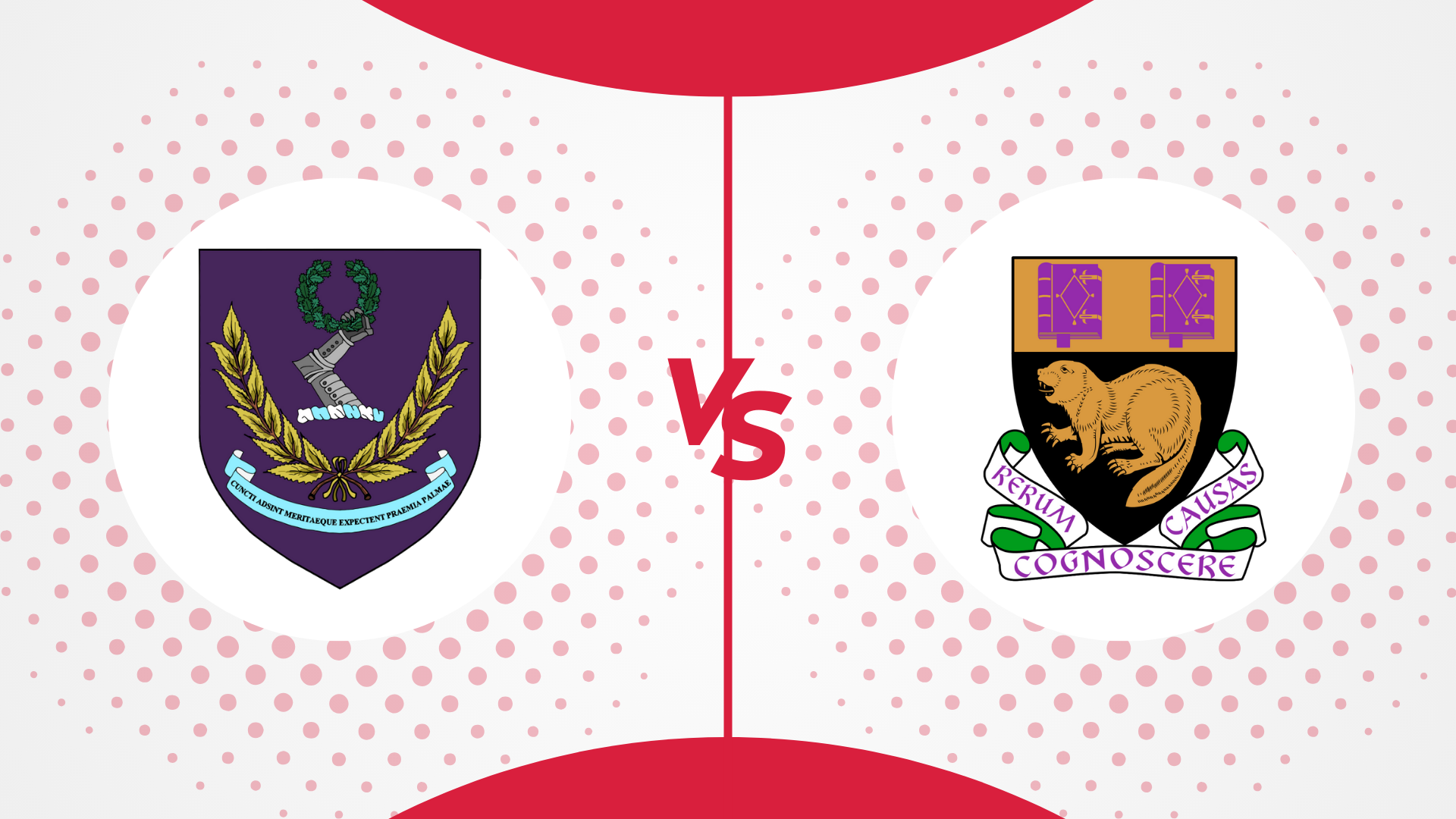
Compare more universities in UK
-
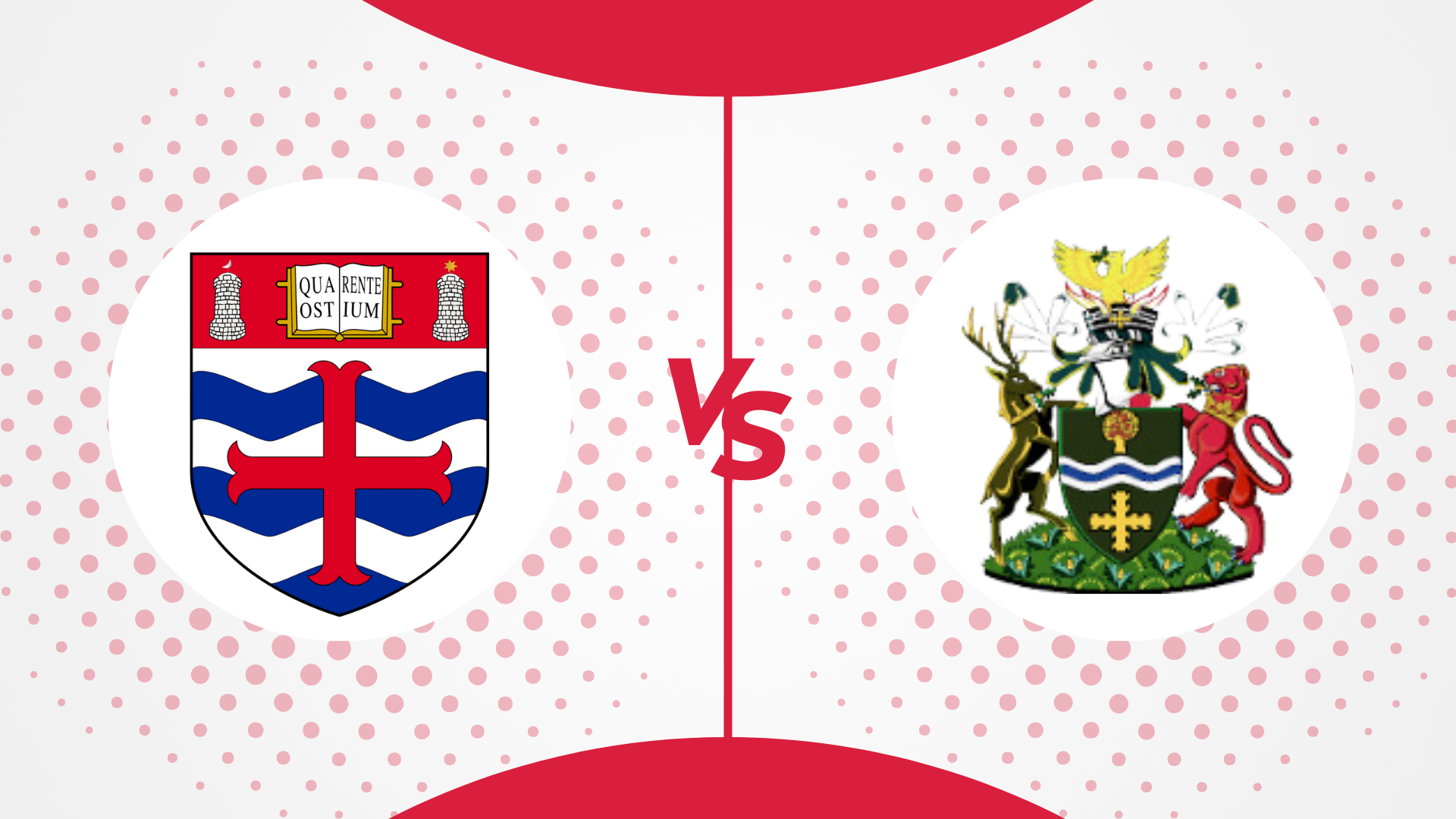
Nottingham University vs Nottingham Trent: How Do They Compare? [2025]
November 19, 2024 -
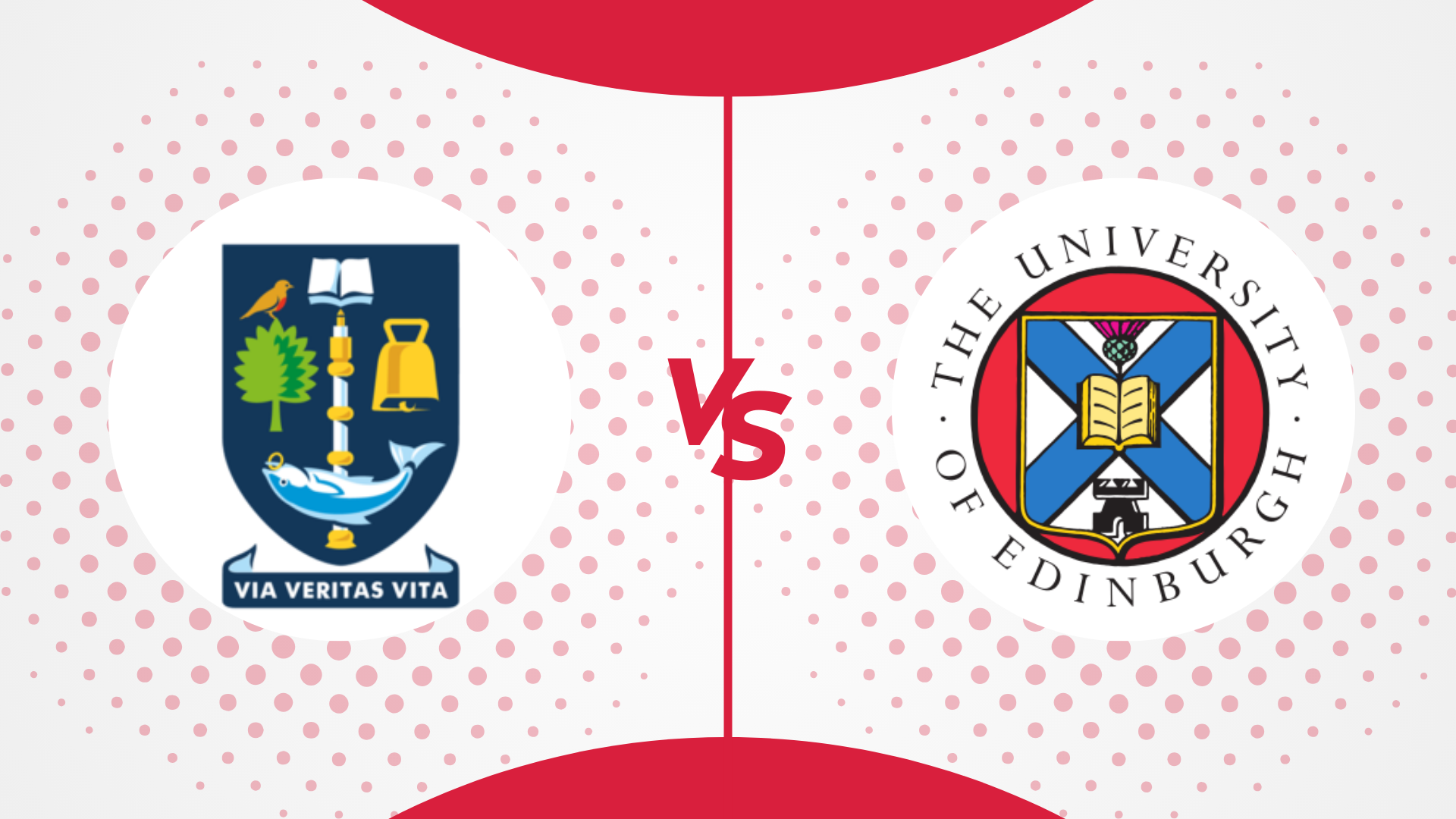
Glasgow University vs University of Edinburgh: How Do They Compare? [2025]
November 19, 2024 -

University of Edinburgh vs King’s College London: How Do They Compare? [2025]
November 7, 2024 -
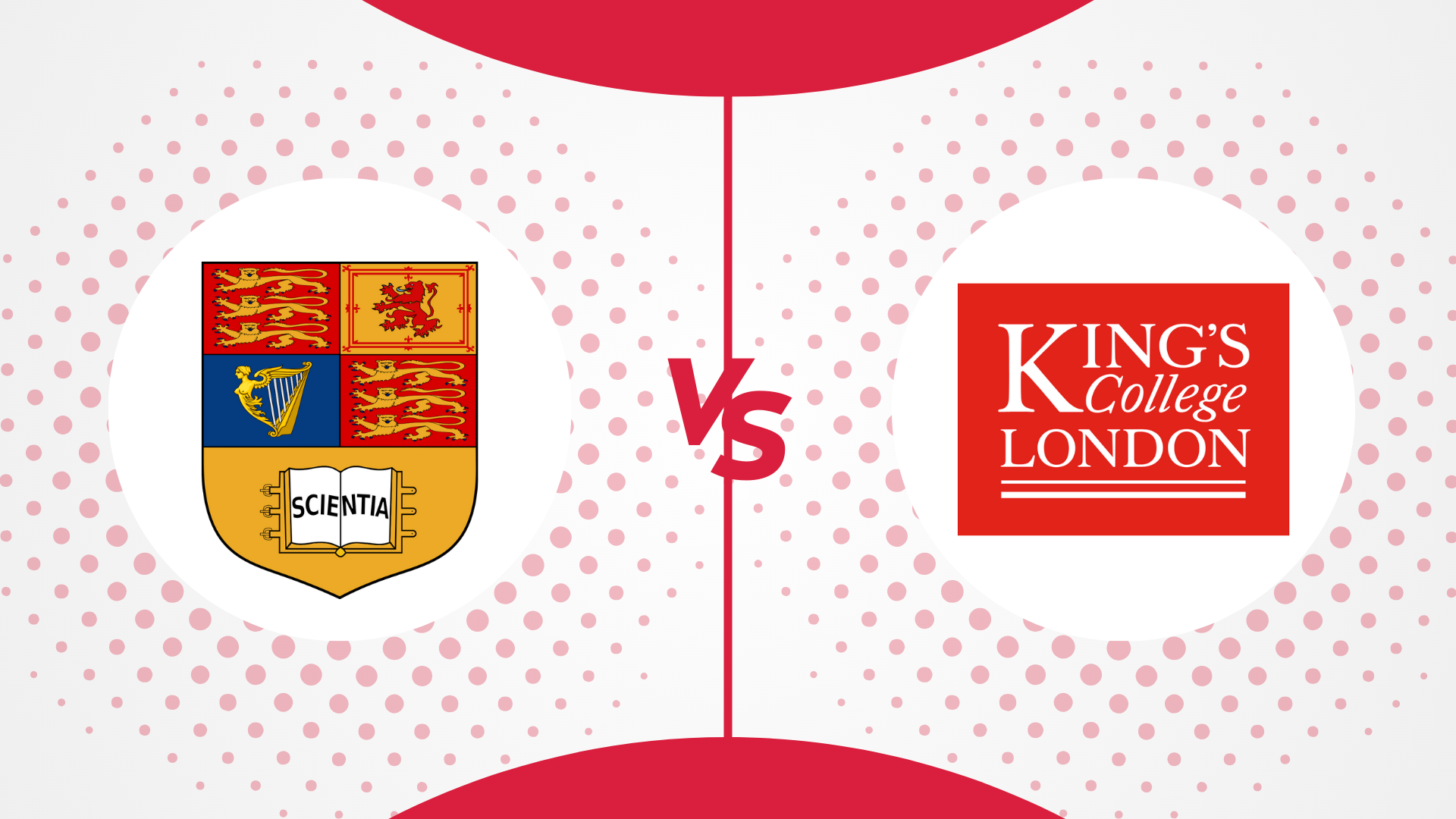
King’s College London vs Imperial College London: How do they Compare [2025]
November 7, 2024 -

Durham University vs Glasgow University: How Do They Compare? [2025]
November 6, 2024 -

London School of Economics Vs London Business School: How Do They Compare? [2024]
October 26, 2024 -

London School of Economics vs King’s College: How Do They Compare? [2024]
October 11, 2024 -

LSE vs Oxford: How Do They Compare? [2024]
October 8, 2024 -

UCL vs Imperial: How Do They Compare? [2024]
September 30, 2024 -

Durham vs Warwick: How Do They Compare? [2025]
September 27, 2024
